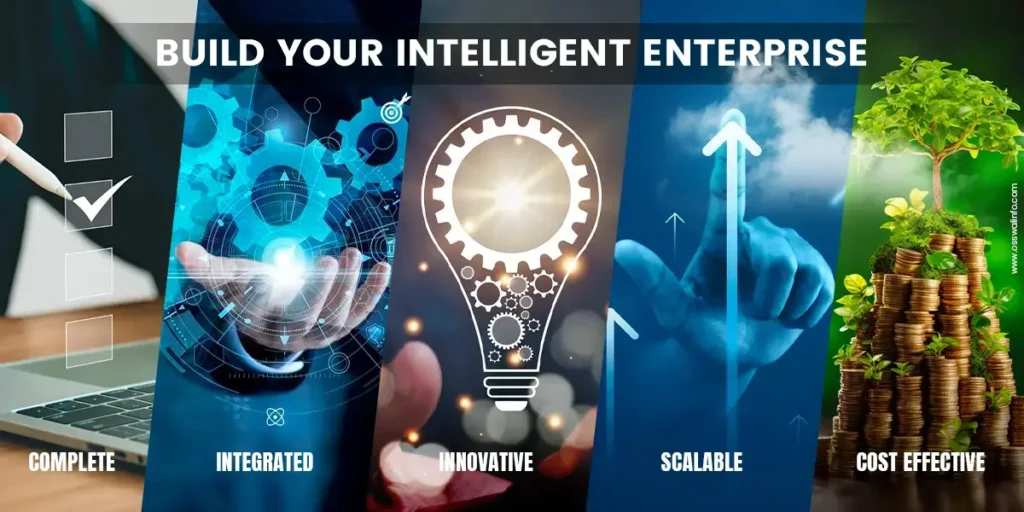SAP ERP Core Component (SAP ECC) is a popular on-premises ERP program that many big and mid-sized businesses use to manage almost all of their operations, logistics, and business processes. Organizations now face a migration issue as SAP S/4 HANA, which runs on-premises and in the cloud, is positioned to become SAP’s main ERP software. What […]
SAP ECC vs SAP S/4 HANA Cloud: A Comparative Guide Read More »


